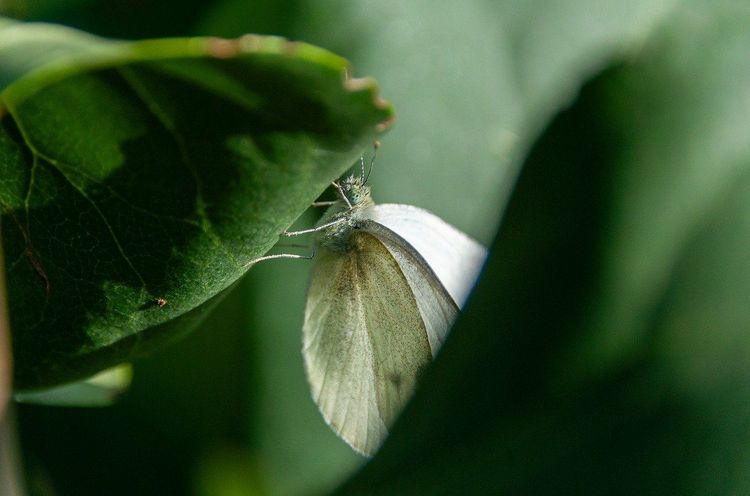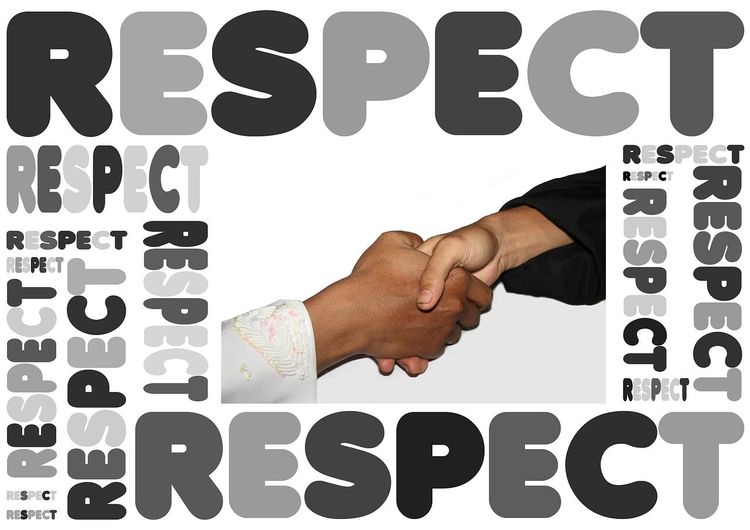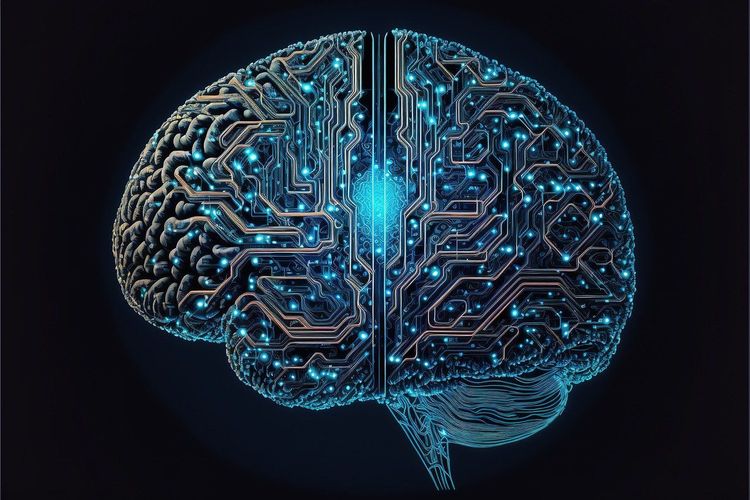Stability AI, the parent company of Stable Diffusion, and Midjourney, renowned image generation platforms, recently achieved a partial victory in a legal battle concerning allegations of copyright infringement. A U.S. district court dismissed parts of a lawsuit brought by three artists, citing a technicality related to copyright registration. Notably, two of the plaintiffs, illustrator Kelly McKernan and concept artist Karla Ortiz, had not registered their artworks with the U.S. Copyright Office, undermining their infringement claims.
However, the court upheld the claims made by cartoonist Sarah Andersen, allowing her case to move forward. The trio had initiated the lawsuit in January, claiming that Stable Diffusion utilized their artworks to create new images, effectively replicating their original creations.
The legal proceedings are not at an end. District Judge William Orrick has permitted the other plaintiffs to revise their complaint against Midjourney and DeviantArt, which utilizes the open-source Stable Diffusion model for its services. It has been alleged that Stability AI compensated another organization to train Stable Diffusion, which involved downloading “billions of copyrighted images” without authorization.
Judge Orrick noted, “Even Stability recognizes that the determination of the truth of these allegations – whether copying in violation of the Copyright Act occurred during the training of Stable Diffusion or happens when Stable Diffusion operates – cannot be resolved at this juncture.” This complexity hints at the challenges ahead for all parties involved.
Intellectual property expert Andres Guadamuz, writing on his Technollama blog, speculated that the case could lead to an out-of-court settlement. He warned that, without a resolution, the litigation could drag on for years, as any verdict is likely to be appealed.
The case represents a significant chapter in the expanding intersection of artificial intelligence and intellectual property law. Models such as ChatGPT and Stable Diffusion necessitate vast datasets for training to generate diverse outputs, prompting developers to employ web crawlers that gather data from various online sources. OpenAI, for example, has implemented its own GPTBot to harvest information from across the internet.
In a notable shift, recent advancements in web crawling technology now allow website operators to restrict access, a feature absent when the lawsuit was initially filed. Beyond images, copyright disputes have reached the literary realm, with prominent authors like George R. R. Martin, John Grisham, and Margaret Atwood alleging that OpenAI unlawfully reproduced their literary works. This ongoing litigation reflects broader concerns within the creative industry, as the Authors Guild has also initiated class action lawsuits against major corporations such as Meta and Google for similar reasons.
As this landscape evolves, stakeholders from artists to legal experts will be closely monitoring the outcomes of these high-profile cases, which highlight the pressing need for clarity regarding intellectual property rights in the age of artificial intelligence.







